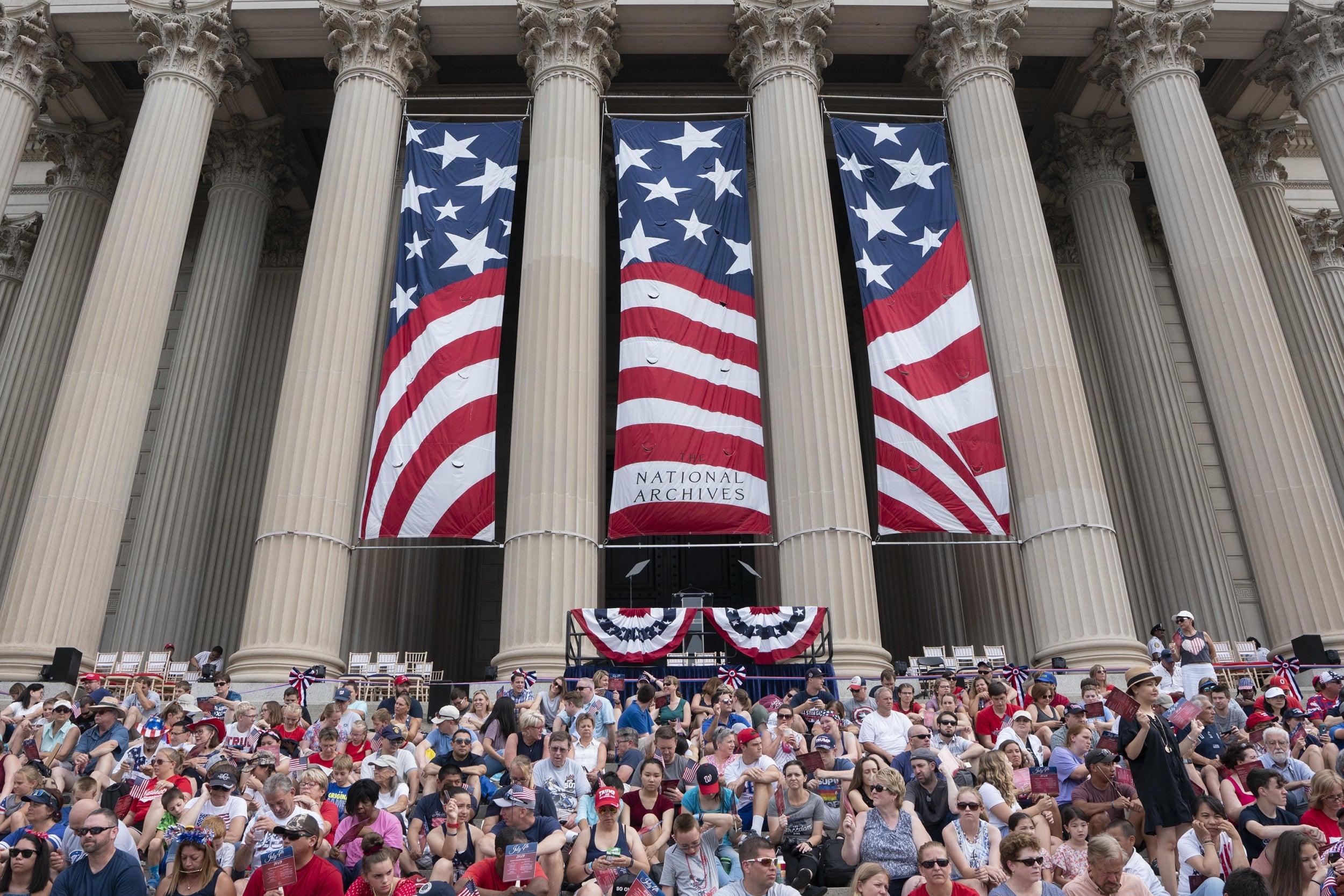Diplomacy in DC has become a lot more difficult under Trump. These are the strategies different countries are now taking
The French remain the masters of DC diplomacy, while the Indians are trying to follow suit. The Russians and the Chinese find themselves in a difficult position

Britain's newly departing ambassador Kim Darroch might be the most unfortunate Washington ambassador of the week, but he isn't the only one with a tough job on his hands. The art of diplomacy in the age of Trump is a very complicated one.
How do you host parties for establishment Washington elites, but simultaneously cater for those newcomers who hold the most power: the Trump elites? How do you woo top officials without upsetting a president who is renowned for his short temper and sensitivity? In the Trump era, it's far more of a challenge than you might think.
As president, Trump's eccentricities past and present spill into a Washington diplomatic social scene that he generally has little regard for. There are a few different factors in play here.
First off, there's the need for embassies to identify and cultivate whoever Trump and his inner circle are close to. Insight into a president's thinking and personality is critical for any foreign actor, whether ally or foe. This is especially true when it comes to a president as unpredictable as Trump. Indeed, in desperate efforts to understand Trump, foreign states are known to have expended significant efforts assessing his Twitter feed.
But what if you can get close to those close to Trump?
That's a priority for the big embassies in town. As Ambassador Darroch made clear in one of his leaked cables, getting Trump's "whisperers" on side is of crucial importance. But that then brings up the party conundrum.
As in most capitals, the embassy party scene is the most basic but valuable diplomatic asset an embassy has to offer. Attract the right people to your party and you'll attract more of the right people to want to come to your next party. Attract enough of these people and you'll generate relationships that give you insight to then send home in cables. And if you're really lucky you'll get someone who can put in a good word to the president himself.

Who are these right people, you ask?
Well, that's no easy question to answer in today's Washington, DC. Because it entails not simply those who can provide positive influence or coverage for your government. Not simply journalists, politicians, or celebrities of some flavor. In the Trump era, a party planner must ensure that those newly powerful pro-Trump figures who wish to attend can do so in seamless — or near seamless — interaction with anti-Trump guests. Embassies are keenly aware that they must stay on side with the old Washington guard in case Joe Biden or another conventional Democrat wins in 2020.
And the problem here isn't simply making sure the guest list fits. It's in ensuring that you're not going to alienate the president by hosting a party in the first place. That's no small concern for this rather temperamental of presidents. Consider the annual White House Correspondents Dinner, long a staple for numerous parties which involve the intermingling of DC lobbyists with journalists, politicians, and Hollywood celebrities. Trump's refusal to attend the dinner has thrown things into flux. Because for embassies, Trump's disregard for the media and weekday parties means that embassy parties now risk offending the most important person in America. In turn, embassy parties have been scaled down or eliminated entirely during the dinner week.
Beyond that, the French remain the traditional masters of DC diplomacy. In a place where guests are plied with exquisite food and wine, invitations to French diplomatic events are the envy of the town. Wowing their guests with deference and charm, senior French diplomats paper over the odd sight of having team Trump and team anti-Trump folks in the same room. They even manage to make it friendly.
The Indians have recently copied this strategy to some success: hosting numerous smaller parties that involve book talks or intermingling with the ambassador.
It's not so easy for the Chinese and Russians. Despised by Democrats for their perceived role in helping Trump win in 2020, the Russian diplomatic staff are not well-disposed to getting influential guests to come to their events. Neither does it help the Russians win friends when many in Washington are aware that a very large number of Russian diplomats are actually spies.

Beijing's representatives face similar challenges. With Washington waking up to China's efforts to challenge the US-led international order, Chinese diplomatic events raise the fear of phones that will enter an embassy fine and come out loaded with spyware.
Ultimately, the art of diplomacy in the age of Trump is best served by a focus on mastering the simple: getting as many influential figures of as many different political stripes to as many of your events as possible. But always, always focus on getting those closest to Trump. Without upsetting Trump, of course!
Join our commenting forum
Join thought-provoking conversations, follow other Independent readers and see their replies
Comments
Bookmark popover
Removed from bookmarks